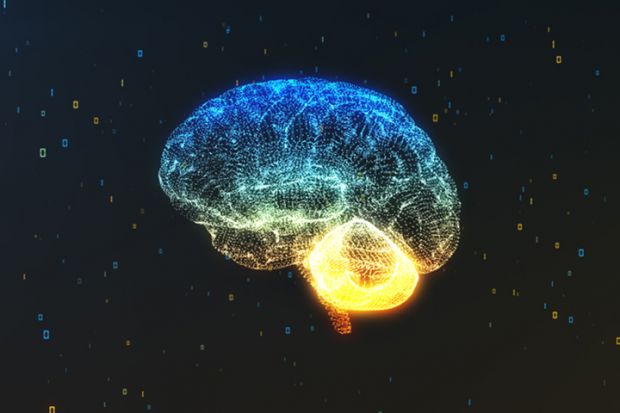The Darker the Night, the Brighter the Stars: A Neuropsychologist’s Odyssey
Paul Broks
Allen Lane
Paul Broks, who was long based at Plymouth University, has worked as both a researcher and a clinician. His remarkable debut volume, Into the Silent Land, followed in the footsteps of Oliver Sacks, drawing on striking case histories to explore the links between the lump of meat inside our heads and our subjective experience of consciousness. This book, written in the aftermath of his wife’s death from cancer, shows how the “disordered brains” of his patients can give us crucial insights into “the infrastructure of the self”, while weaving together memories, philosophy and even Greek mythology to illuminate what it means to mourn and to face up to mortality.
Bring the War Home: The White Power Movement and Paramilitary America
Kathleen Belew
Harvard University Press
Forged in the aftermath of the Vietnam War, when many veterans felt that they had been betrayed by their military and political leaders, the white power movement increasingly saw the state as its enemy and envisaged a racial nation encompassing Europe, Australia, South Africa and the whole of North America. It brought together Klansmen, skinheads, Southern separatists and neo-Nazis for acts of savage paramilitary violence culminating in the 1995 Oklahoma City bombing. In this major work of scholarly synthesis, Kathleen Belew uses letters, ephemera and “zines” as well as newspaper reports and official documents to reconstruct a dark chapter in American history that has chilling echoes for today.
Decadence: A Very Short Introduction
David Weir
Oxford University Press
“Decadence”, argues David Weir, is “a simple word but a complicated concept.” It takes in “historical decline”, the kind of “social decay” represented by “the political corruption and excessive hedonism of any number of Roman emperors” and even “aesthetic inferiority”. Yet if the decline and fall of the Roman Empire represents the obvious prime example, we can find clear parallels in the Paris of Charles Baudelaire, the London of Oscar Wilde, turn-of-20th-century Vienna and the turbulent Weimar Republic. This incisive survey explores the strange appeal of artifice and excess, decadent motifs in cinema and recent fiction, and the tangled relations between decadence and modernity.
Ada Lovelace: The Making of a Computer Scientist
Christopher Hollings, Ursula Martin and Adrian Rice
Bodleian Library
A pioneering female mathematician who has been called the “first computer programmer” but lived only to the age of 36, Ada Lovelace is both a poignant and inspiring figure. This lavishly illustrated short biography draws on much unpublished material such as her correspondence with the leading mathematician Augustus De Morgan. It considers her work on pioneering “thinking machines” such as the Analytical and Differences Engines; a celebrated essay in which she anticipated some of today’s ideas about artificial intelligence; her contributions to other areas of mathematics; and her role in the Victorian social and scientific elite.
Seven Types of Atheism
John Gray
Allen Lane
There are many ways of not believing in God, suggests John Gray. In this dazzling and typically disconcerting account, he considers the “new atheism” represented by thinkers such as Richard Dawkins; secular humanism; attempts to make a religion out of science; modern “political religions” ranging from Nazism to “evangelical liberalism”; mystical atheism; and the atheism of those who actively hate a (non-existent) God. Most of these, he claims, represent a search for “a surrogate Deity to fill the hole left by the God that has departed”, yet might it also be possible to find “fulfilment and freedom” by “stepp[ing] out of monotheism altogether”?
